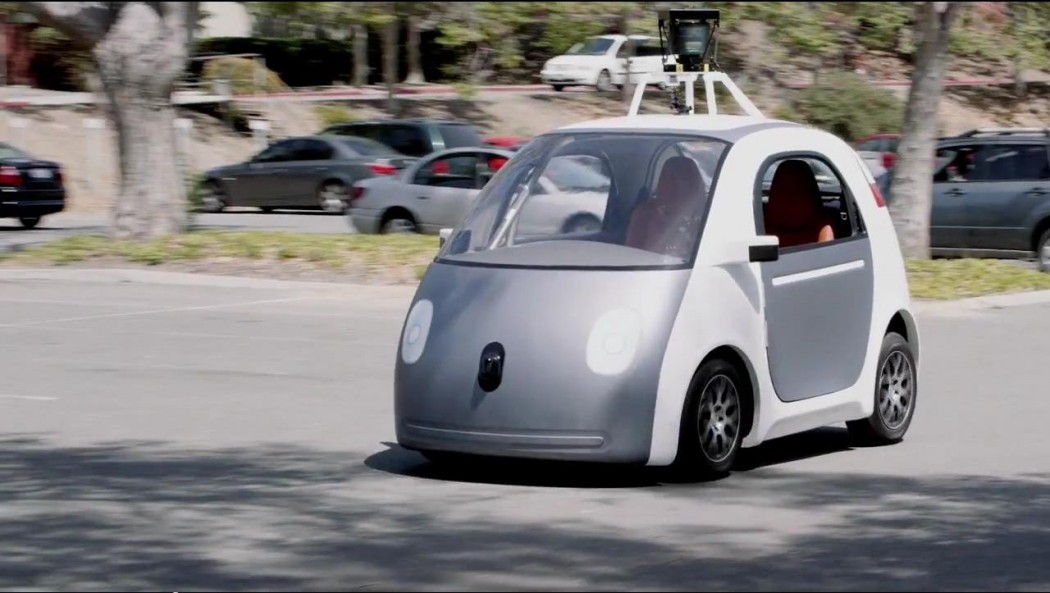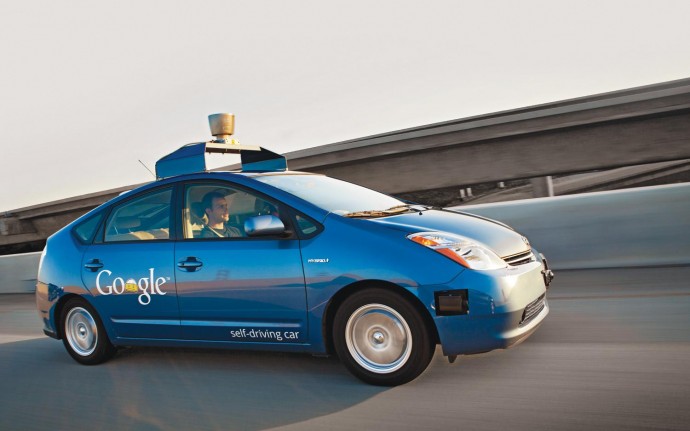Google’s Autonomous Car Faces Major Roadblock
Whoever knows of the existence of Google’s self-driving car, wants a piece. Driving, except for when done for pleasure, is a pain, especially in an urban setting. Google’s innovative technology could give us some peace of mind when stuck in the heavy evening traffic. The company recently began its road testing, but it got a rude shock from the Department of motor vehicles (DMV) in California.
The Department updated rules for testing self-driving cars on public roads saying that the cars need to have physical controls in them to be allowed to drive. The rules will be applicable from 16th of September, and Google says it will build a temporary steering wheels and pedals for the course of its testing on public roads. Currently, the autonomous cars only have a Start/Stop button, and the rest of the functions of the car are automatic. Google had introduced us to the car in May.
The Google self-driving car comes with some pioneering technology which lets it recognize all forms of obstacles on the road and manage the car accordingly. The initial testing has shown the car to be better than human drivers. The rules will only affect Google as other autonomous car makers use autonomous sensors on their existing cars. Google on the other hand, wants to create a fully autonomous car and wants to bring it into service for the residents of California within the next couple of years.
One of the major concerns, which is an important point of debate is the issue of liability. The question: in case of an accident, who bares the responsibility of the damages? Is it the passengers in the car, or the company who made the car? The answers to these questions need to be known as it’s an issue of public safety.
Google will be making about 100 of these prototype autonomous cars. Their speed has been limited to 40 Km/hr to make them easier to handle and limit any damage if an accident occurs. According to the company, the prototypes would begin the testing process on private roads by next month. The test cars will all feature the temporary manual controls.
Google also sees an immediate future where these cars are presented in a taxi or courier service. This will first of all help Google to collect real world data and will also help in preventing heavy expenses and uncertainty of buying a beta car. The success of a taxi service will increase the public’s trust in these cars too, so when the cars are out of the experimental phase, there will be prospective buyers ready in the market to buy them.



There are no comments
Add yours